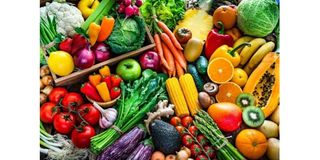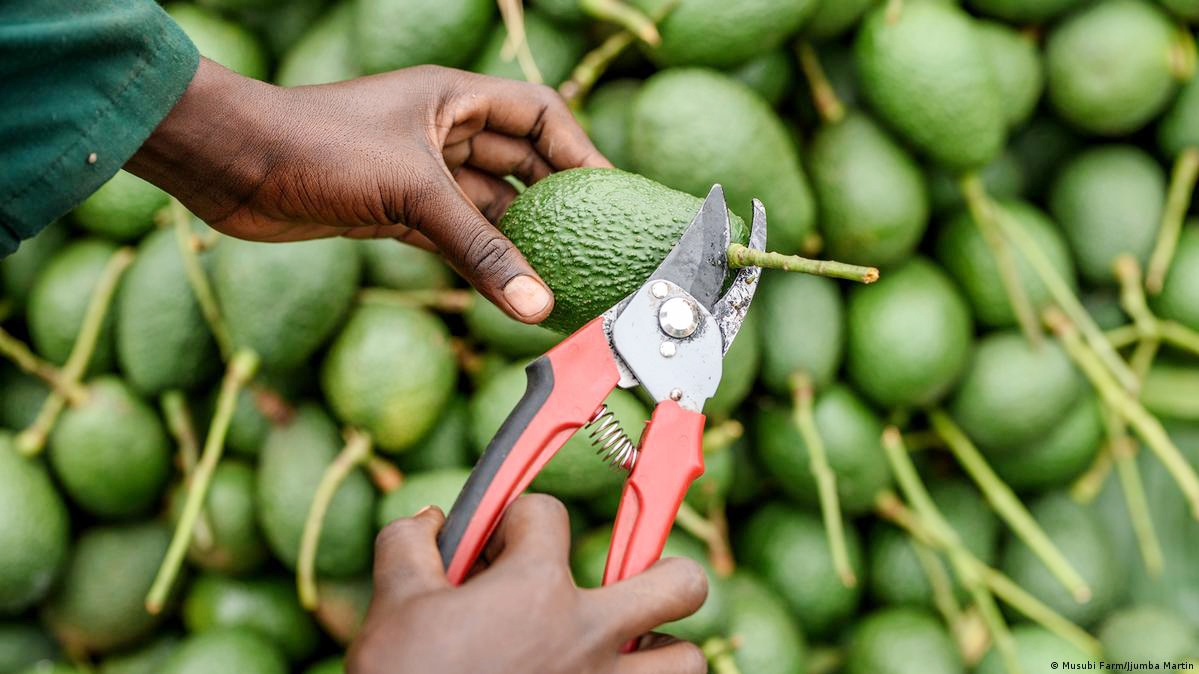Prime
Tanzania eyes Italy’s $19bn horticultural market in new push

What you need to know:
- The Tanzania Horticultural Association is taking measure to tap into Italy’s lucrative €19 billion (approximately $19.3 billion) market for high-value crops
Arusha. The Tanzania Horticultural Association (Taha) is making calculated moves to tap into Italy’s lucrative €19 billion (approximately $19.3 billion) market for high-value crops, marking a bold step in its mission to elevate Tanzania’s footprint in global horticultural trade.
In a strategic partnership with the Italian Trade Agency (ITA), Taha is sending a high-profile delegation of Tanzanian horticultural exporters to Italy to explore trade and investment opportunities. The visit, which includes participation in the prestigious Macfrut exhibition from May 4 to 9, is poised to unlock vital market linkages.
“This is more than just a tour; it’s a strategic move to explore new market opportunities as part of Taha’s broader mission to cement Tanzania’s position in the global horticultural market,” said Taha chief executive Jacqueline Mkindi.
The delegation will participate in a comprehensive study tour designed to offer direct insights into Italy’s dynamic horticultural sector. Exporters will engage in high-level business-to-business meetings, attend conferences, and network with influential global buyers at the Macfrut fair.
“This is a golden opportunity to showcase Tanzania’s finest produce,” Ms Mkindi noted.
Over the past two decades, Taha has been instrumental in promoting Tanzanian horticulture globally. Its recent success at the Fruit Logistica 2025 fair in Germany, where local exporters secured deals worth $12.6 million, underscores Taha’s growing influence in international markets.
Ms Mkindi identified Italy as the next strategic export destination, following market breakthroughs in China, India, and the Middle East. “Our long-term strategy is to capture a lion’s share of Italy’s $19 billion annual vegetable import market,” she said.
Tanzania’s horticultural exports to Italy remain marginal. According to the United Nations COMTRADE database, edible vegetables and certain roots and tubers exported from Tanzania to Italy totalled just $45,500 in 2022.
Italy ranks as the world’s seventh-largest importer of vegetable products, importing goods valued at $19.3 billion in 2023. Major suppliers include Spain ($1.65 billion), the Netherlands ($1.59 billion), France ($1.57 billion), Brazil ($1.53 billion), and Germany ($920 million), according to data from the Observatory of Economic Complexity (OEC).
“This presents an opportunity for Tanzania to position itself as a key supplier by capitalising on Italy’s robust demand and transforming our current export insignificance,” Ms Mkindi said.
The initiative builds on a training programme held in February, organised jointly by ITA and Taha, which focused on enhancing the technical and managerial skills of Tanzanian entrepreneurs to compete in the European Union market.
Companies that participated in the training have been selected for the upcoming study tour.
The objectives of the programme included sharing technology and innovation drawn from successful Italian agri-food district models, strengthening partnerships between Tanzanian and Italian enterprises, and boosting local value chains to drive job creation and economic growth.
As Taha prepares to expand its reach into Italy—complementing government efforts to open up international markets—industry stakeholders are optimistic about the potential for Tanzania’s horticultural sector.
By leveraging Italy’s vast import appetite and deepening international collaboration, Tanzania stands poised to usher in a new era of horticultural trade and investment.





